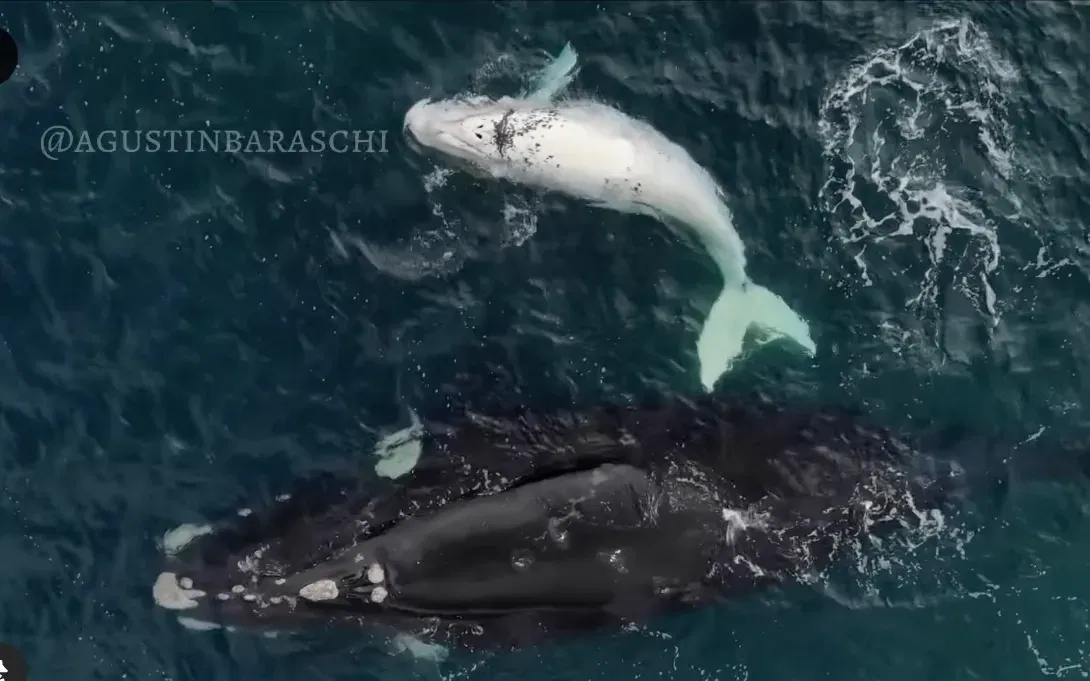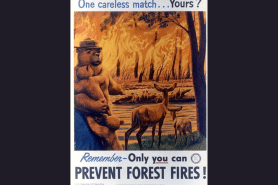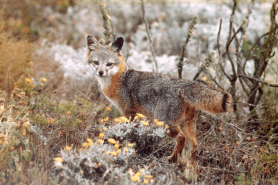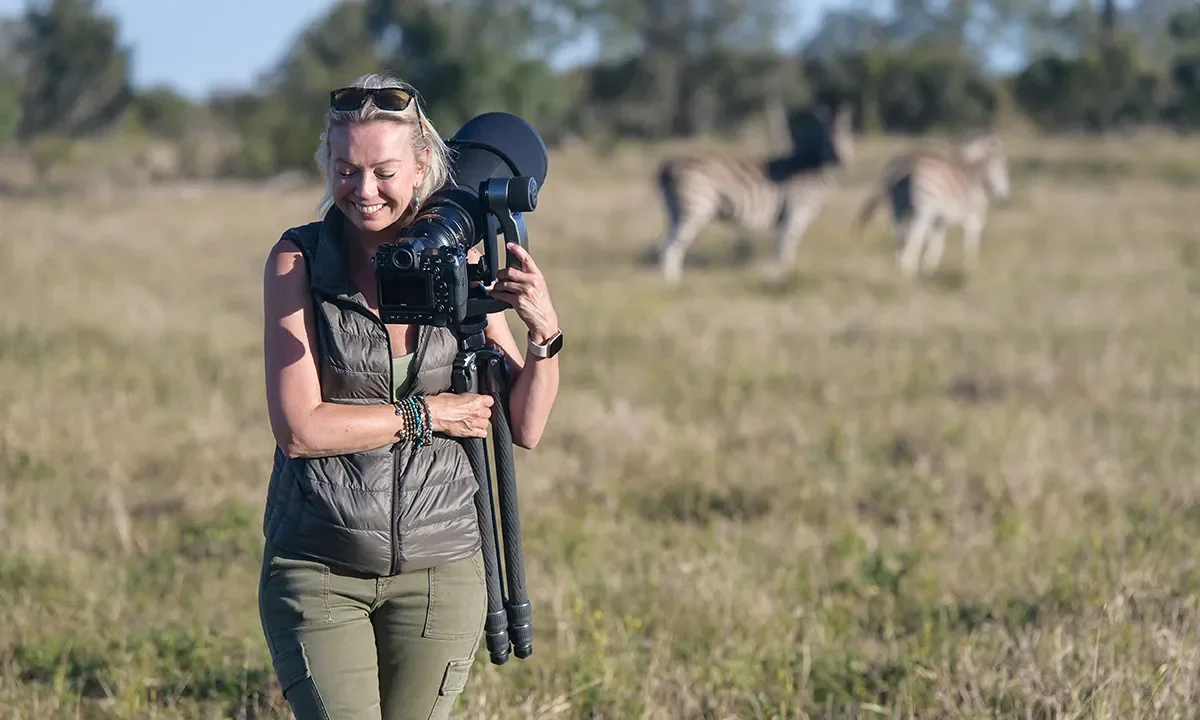

Remembering Wildlife is the collective name for a series of stunning, hardback coffee table books created by British wildlife photographer Margot Raggett, who gave up a career as CEO of a London PR company and went to Africa to pursue her love of wildlife photography. In 2014, her path took a detour. Traveling in Kenya, she came across the carcass of a poached elephant. Margot was so deeply disturbed by this that she was determined to do something about it. She proceeded to spend months persuading some of the world’s top wildlife photographers, asking them to donate images she could include in what she envisioned would be “the most beautiful book on a species ever seen”—the sale of which would raise funds for elephant conservation. Their response was unanimously positive, and the resulting book, Remembering Elephants, was launched in 2016.
Initially, Margot thought the book would be a one-off, but following the success of Remembering Elephants, she was inspired to push on. Next came Remembering Rhinos, then Remembering Great Apes, followed by lions, cheetahs, African wild dogs, bears, and, in this year’s edition, the leopard takes center stage.
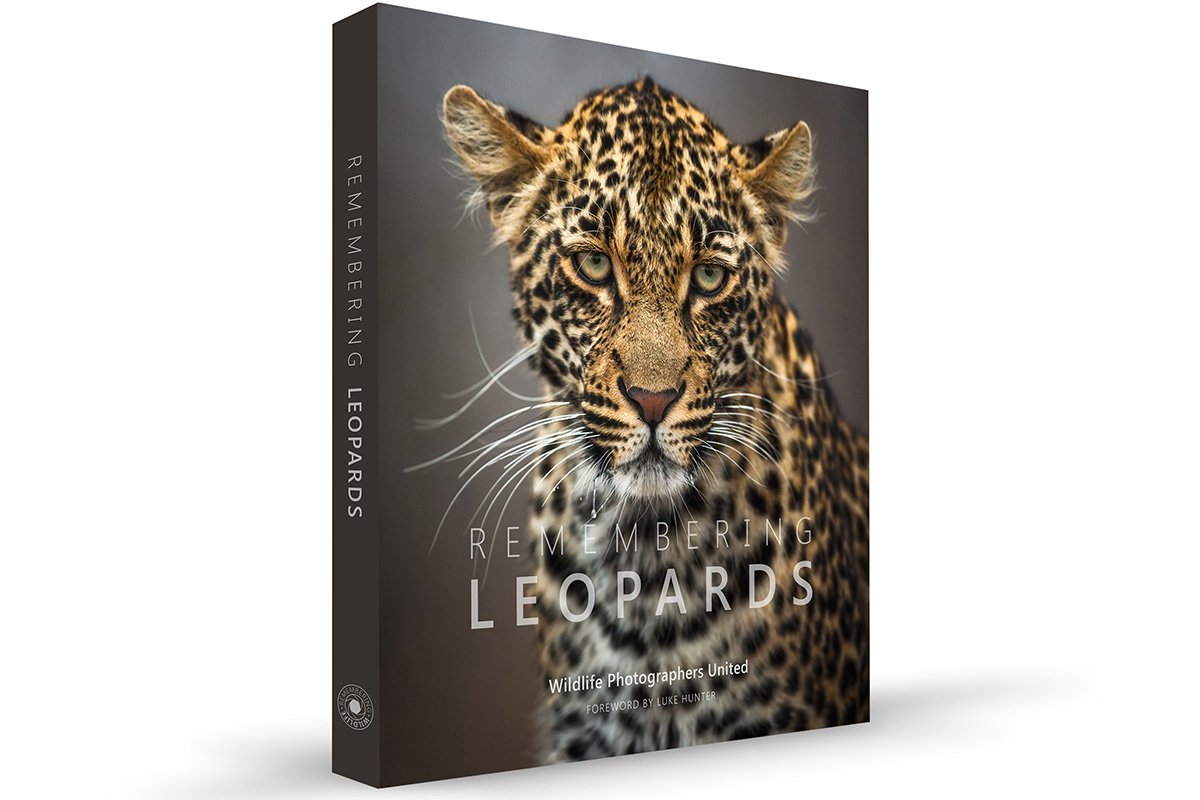
Remembering Leopards is a collection of 80 stunning color photographs taken by some of the world’s top wildlife photographers, including Marsel van Oosten, Art Wolfe, Frans Lanting, Greg du Toit, Michael Poliza, Maasai Mara-based Jonathan and Angela Scott, as well as award-winning conservation photographers Neil Aldridge and Suzi Eszterhas. This year’s cover image was taken by Mark Dumbleton.
Unlike most charity models, Remembering Wildlife doesn’t ask for donations (although they’ll certainly accept them if offered); they’re in the business of selling you something beautiful and promising that 100% of the profits will go to conservation.
Seven years of “camera-derie” later, more than 230 of the world’s best wildlife photographers have contributed to the Remembering Wildlife series. Over 37,000 books have been sold and in excess of £1.078 million ($1.3 million USD) has been distributed to 68 conservation projects in 31 countries.
I sat down to chat with Margot about Remembering Wildlife, past, present, and future.
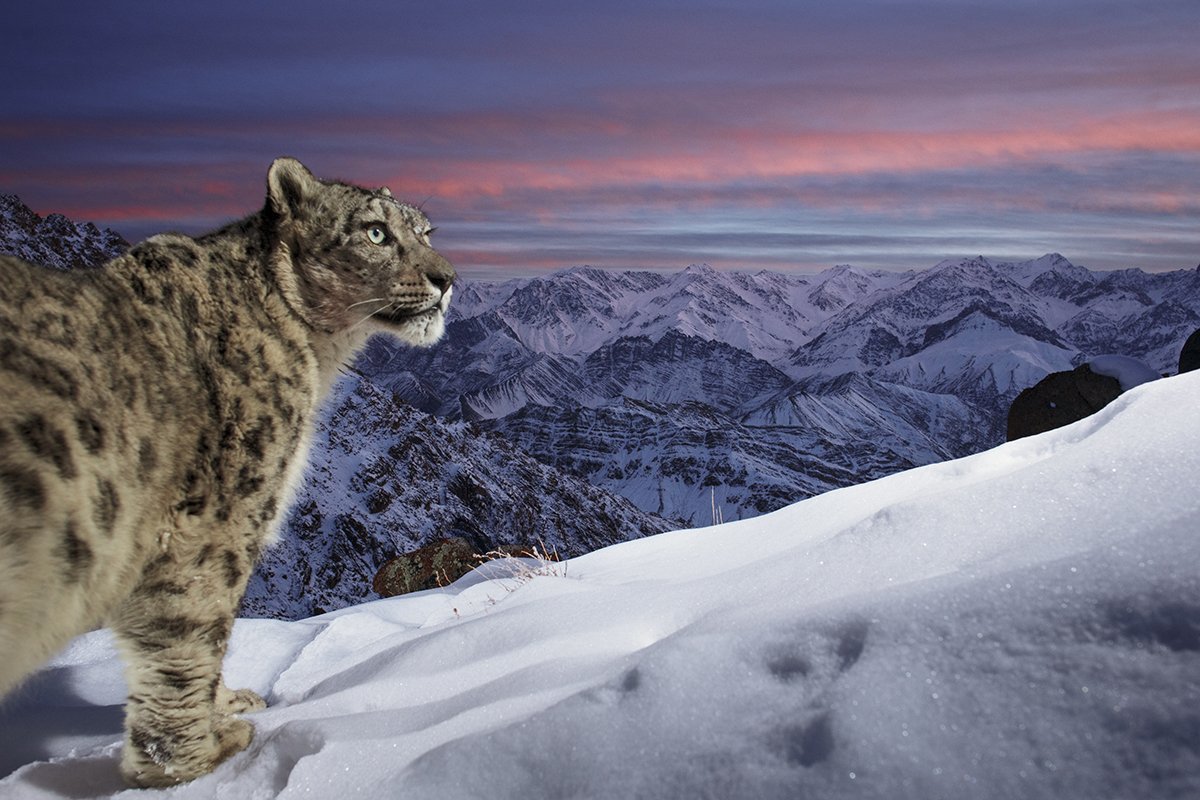
Outdoors.com: Your background is in the corporate world of PR. Remembering Wildlife was a real change in trajectory. Could you ever have anticipated being where you are now, and do you have any regrets?
Margot Raggett: I certainly never imagined, when I set out to make that first book, that eight years on, we’d be where we are now. My ambition that year was to raise £100,000 for conservation, which I thought was quite a lot to ask, so to now be close to £1.1 million donated to conservation projects is incredible. I have no regrets. I feel I’ve found my cause and my reason for being here.
Outdoors.com: As the founder, what are the primary goals or aspirations you envision for Remembering Wildlife in the coming years?
Margot Raggett: I want to raise awareness of the many issues facing a multitude of wildlife across this planet and to help find funds for those fighting on the frontline. I think there are some amazing people out there doing fantastic work with animals across the world, and it’s beholden on us, if we’ve got the skill set, to raise money to keep them going. I just want to get bigger and better and see how far I can take the Remembering Wildlife series.
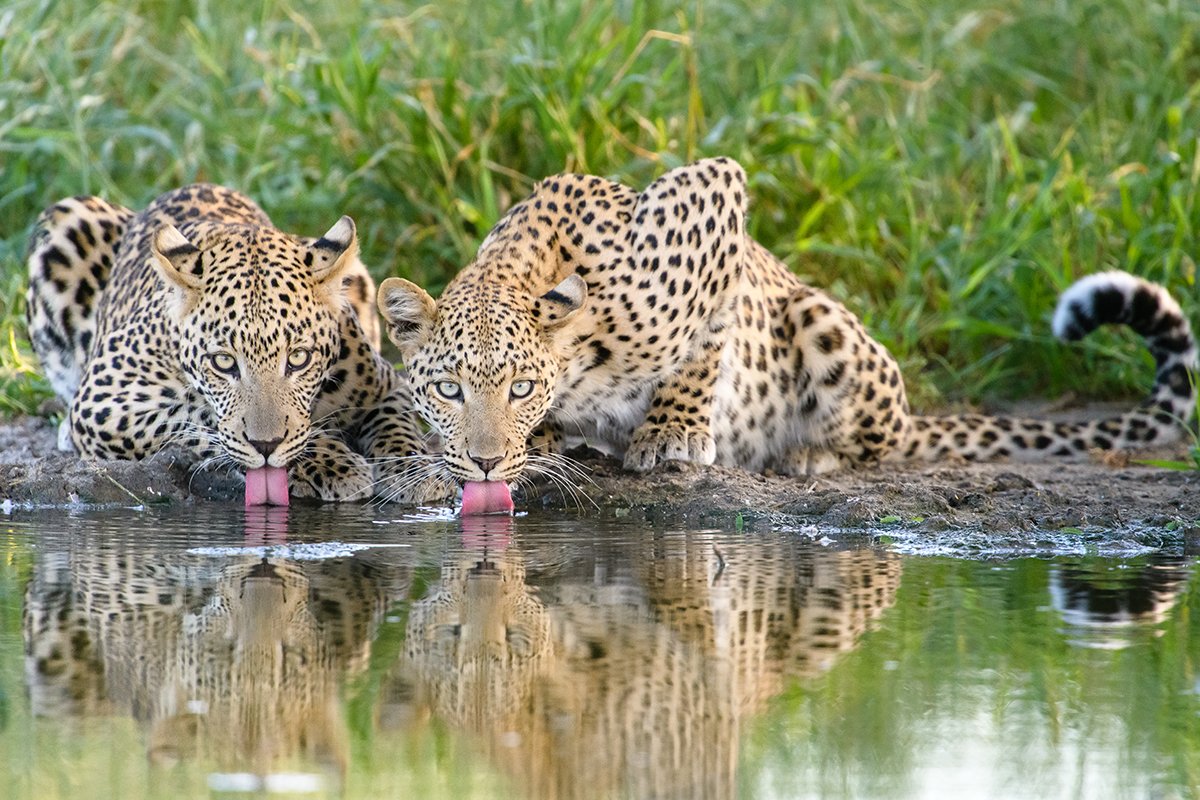
Outdoors.com: With the ongoing challenges in conservation, how do you see the role of initiatives like Remembering Wildlife in shaping the future of preserving endangered species?
Margot Raggett: I think our role is to keep making everyone as aware as we can about the fact that so many species are endangered. I think it’s too easy for people not to realize what’s going on—we’ve just published Remembering Leopards, yet many people think that leopards are not in trouble at all. We’ve got the opportunity to shine a spotlight on what’s going on out there, and that’s what I want to continue doing.
Outdoors.com: Are there any new approaches or strategies that Remembering Wildlife is considering to address the escalating threats to wildlife and their habitats?
Margot Raggett: Remembering Wildlife doesn’t run projects ourselves; we support projects that are doing great work. It isn’t for me, sitting in London, to pretend I know the best way to preserve wildlife. I feel the best way to do this is to support highly respected organizations and to trust that what they’re doing is something they’ve thought long and hard about.
Outdoors.com: You once said “Remembering Wildlife is like one hose fighting a forest fire . . . We’re proudly standing alongside lots of amazing organizations with that hose.” Do you feel your “hose” is really making a difference?
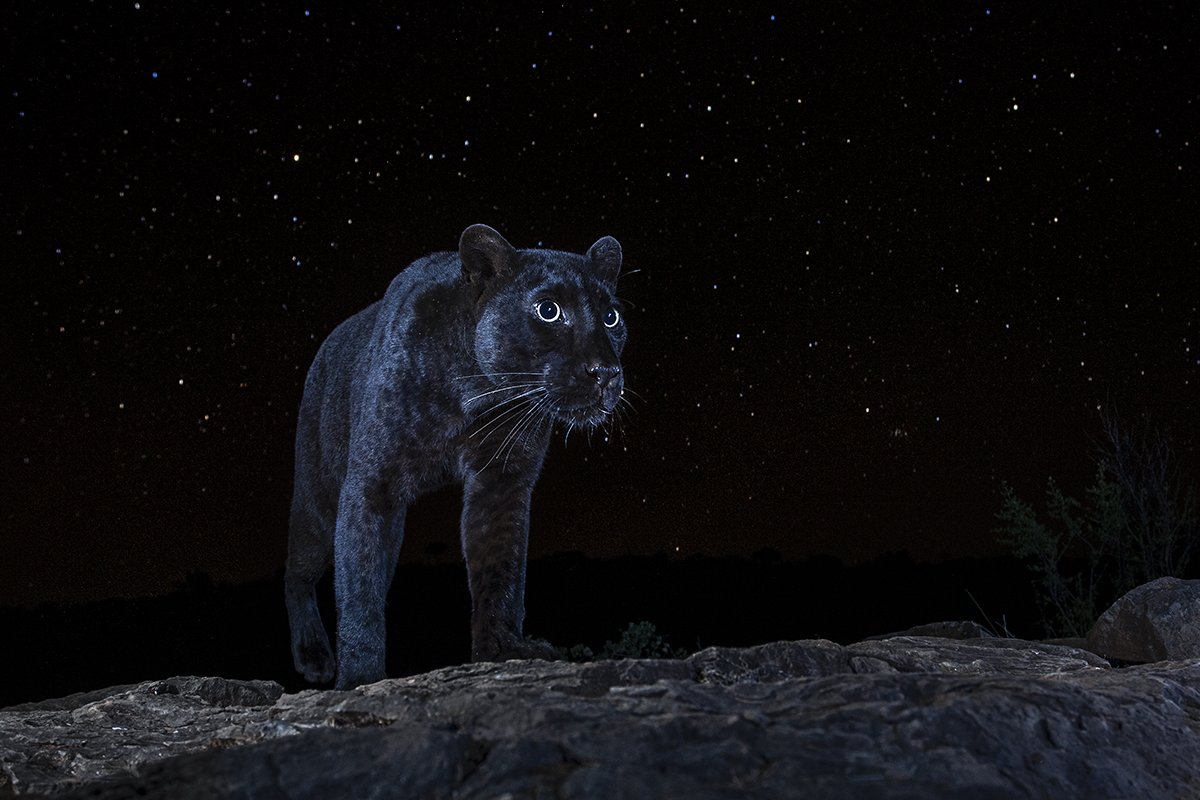
Margot Raggett: It is hard to quantify it, but I stand by my statement. If we were one less hose, I think it’d be a significant hose that was removed. With over 37,000 books sold, we’ve certainly opened a lot of people’s eyes to some of the crises facing species out there. The feedback I get from organizations that are so grateful for the support is that we must, must, must keep going. I definitely think there would be less funding going out if we weren’t doing what we’re doing.
Outdoors.com: Given the switch to online vs. print, do you anticipate technology and digital platforms might play a role in altering the approach of Remembering Wildlife? Would you consider exploring different formats or mediums to reach diverse demographics and age groups in the future?
Margot Raggett: I think that coffee table books of the quality of Remembering Wildlife will always have a place, and I always intend to have the books at the heart of what we do, but in November, we’ll be launching our first podcast series. From each of the eight books in the series, we’ve interviewed people from two of the projects supported—so 16 different projects in total. The podcasts shine a spotlight on the work they are doing and give more depth and information into how we support organizations working on the frontline. I’m interested to see how the podcast series is received.
Outdoors.com: As an advocate for conservation, what are your thoughts on the role of education in shaping a sustainable future for wildlife preservation?
Margot Raggett: I certainly think education is critical, not just for young people but for people of all ages. By putting the Remembering Wildlife series out there, we’re hoping to educate a wider public, and the publicity we get around the books and interviews such as this one also raises awareness and educates.
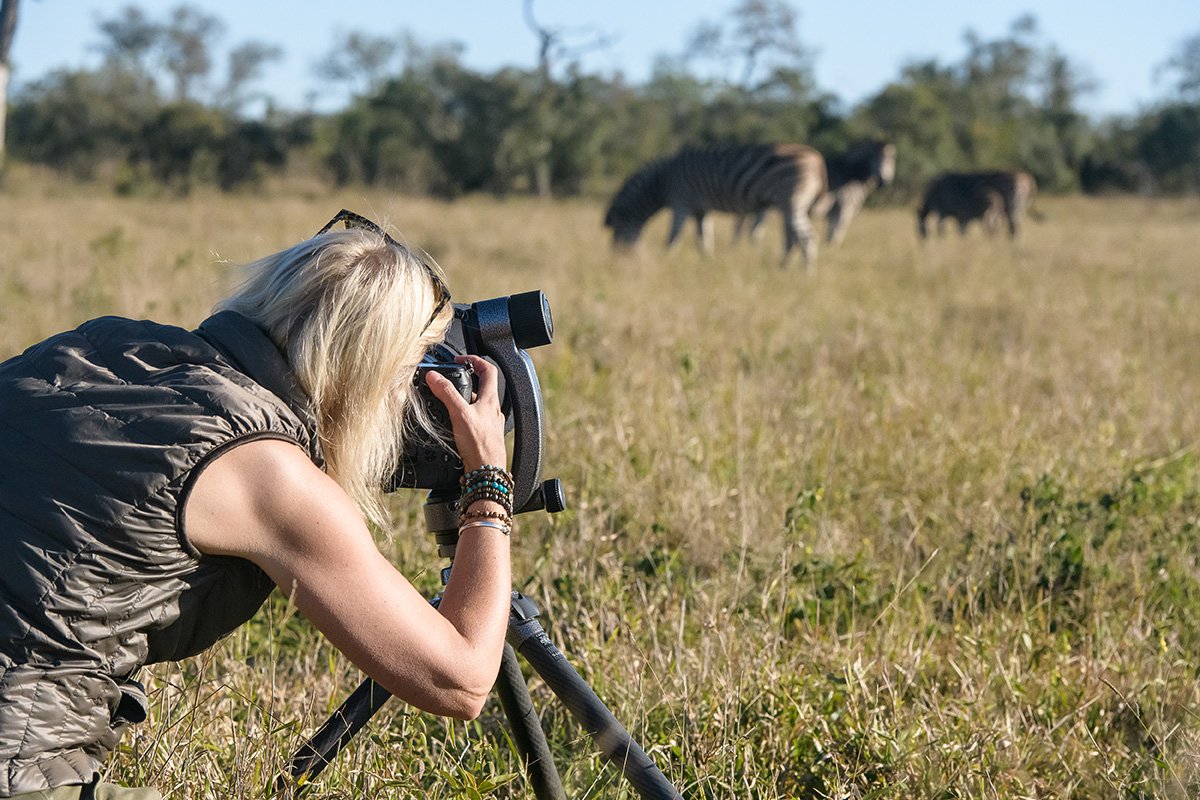
In terms of children, we’ve supported several initiatives that have been specifically targeted at young children growing up in Africa.
Outdoors.com: The issue of the illegal wildlife trade remains a significant threat to endangered species. How does Remembering Wildlife aim to address this critical issue?
Margot Raggett: The different projects we support attack the problem of illegal wildlife trade in different ways—whether they’re doing anti-poaching work, education of kids, education of adults, trying to catch poachers, or trying to convict them—we try to fight the illegal wildlife trade by supporting organizations that are fighting on the frontline.
Outdoors.com: Looking ahead, what milestones or achievements do you hope Remembering Wildlife will reach in the next five years?
Margot Raggett: At the moment, we’ve raised about $1.4 million USD. I’ve now got my sights on $2 million USD as the next target. As long as people are interested and want to keep buying our books, we’ll certainly continue to bring them out.
The podcast series is an interesting initiative, and never say never for more film content coming from us as well. I just want to see where I can take the organization and grow it—but do it in a steady, strategic way.
Outdoors.com: Remembering Leopards has just come out [so] now is probably not the best time to ask “what’s next,” but do you ever think you’ll reach the stage where you’ll run out of animals that need championing?
Margot Raggett: I’m not going to reveal the species for next year’s book, but I do have something in mind. I don’t see us running out of species to feature. I am lobbied constantly by people suggesting animals that are deserving of our attention and a book, and there are just so many out there that I certainly think I can keep going for a while. It’s certainly my intention to keep going.
Remembering Wildlife exists to raise awareness of the plight facing wildlife as well as the funds to do something about this plight. Famous supporters of the series include Russell Crowe, Michelle Pfeiffer, Chris Martin, Pierce Brosnan, and many more. Further information about Remembering Wildlife can be found here. To find out more about the projects that Remembering Wildlife has already funded, click here. Each book costs £49.50 GBP ($60 USD), and copies can be ordered through www.rememberingwildlife.com.

